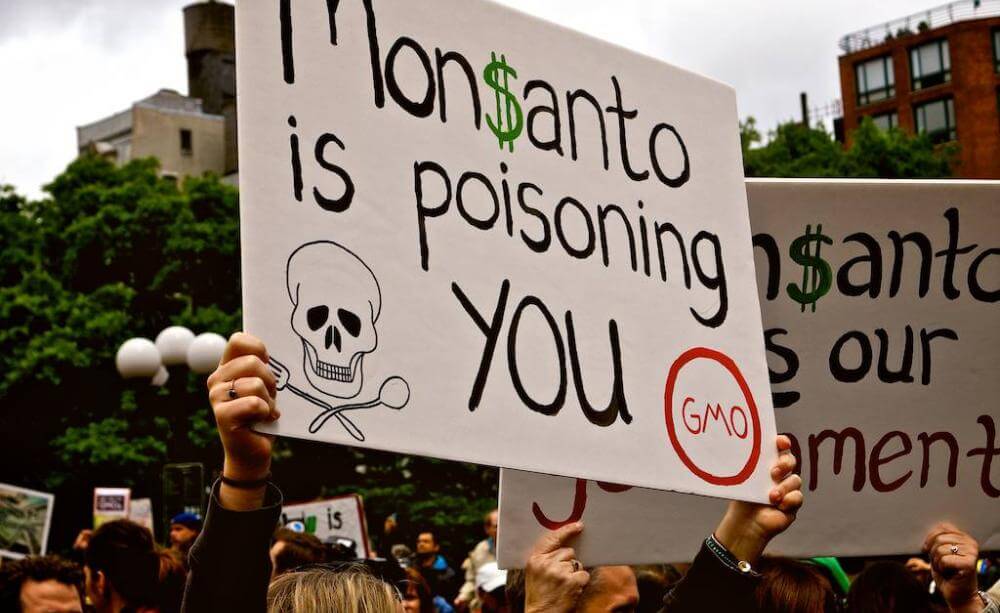 New Journalism Tool Reveals How Paid Deniers Dominate The Anti-GMO Movement
New Journalism Tool Reveals How Paid Deniers Dominate The Anti-GMO MovementA year-long Genetic Literacy Project investigation culminating in the rollout of the Anti-GMO Funding...
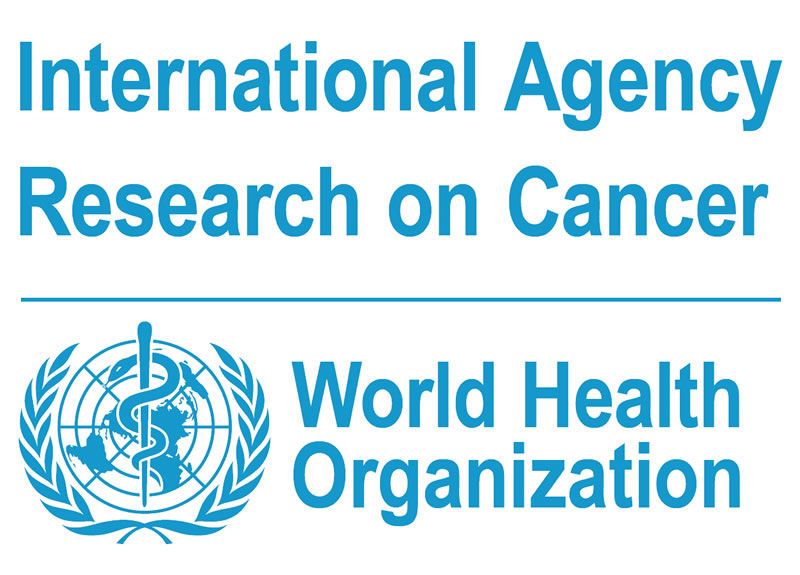 Can IARC Be Salvaged?
Can IARC Be Salvaged?The IARC monograph program on Evaluation of Carcinogenic Risks must be reformed and brought into...
 Environmental Working Group, Gary Hirshberg And Organic Activists - All The Influence Money Can Buy
Environmental Working Group, Gary Hirshberg And Organic Activists - All The Influence Money Can BuyMy husband is used to hearing snark about being a lobbyist. As the owner of a lobbying firm in...
 There's No Wild Bee Colony Collapse Either
There's No Wild Bee Colony Collapse EitherIn a dramatic 2013 cover story, Time warned of “A World Without Bees,” subtitled “The...

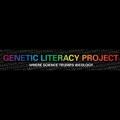


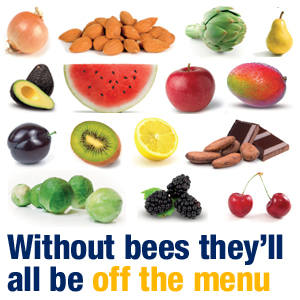
 Will the planet starve if bees disappear? Aren’t bees responsible for a significant chunk of the world’s food supply and nutrition, from one third to as much as 90 percent, depending on what advocacy group is making the claim? You hear such assertions invoked by advocacy groups, reported as truth by journalists and cited by politicians as accepted wisdom whenever the subject of pollinators comes up.
Will the planet starve if bees disappear? Aren’t bees responsible for a significant chunk of the world’s food supply and nutrition, from one third to as much as 90 percent, depending on what advocacy group is making the claim? You hear such assertions invoked by advocacy groups, reported as truth by journalists and cited by politicians as accepted wisdom whenever the subject of pollinators comes up.
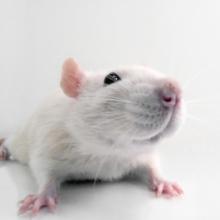
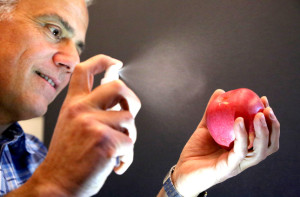
 Blue Bell Creameries has been battling a Listeria monocytogenes outbreak for the past five years. The potentially killer bacteria
Blue Bell Creameries has been battling a Listeria monocytogenes outbreak for the past five years. The potentially killer bacteria 
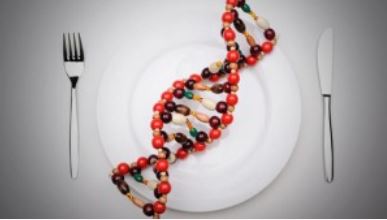
 Can scientists learn from listening to public reaction to the products they develop? And should they?
Can scientists learn from listening to public reaction to the products they develop? And should they?